

THE PEOPLE AT THE HELM OF THE ORGANISATION WHO HELP SET ITS DIRECTION, MOTIVATE AND LEAD BY EXAMPLE ARE DEDICATED AND HARDWORKING BAHRAINIS. OCCUPYING DIFFERENT, YET COMPLEMENTARY ROLES, THEIR BOLD PURSUIT OF NATIONAL OBJECTIVES POINTS THE EDB TEAMS IN THE RIGHT PATH.
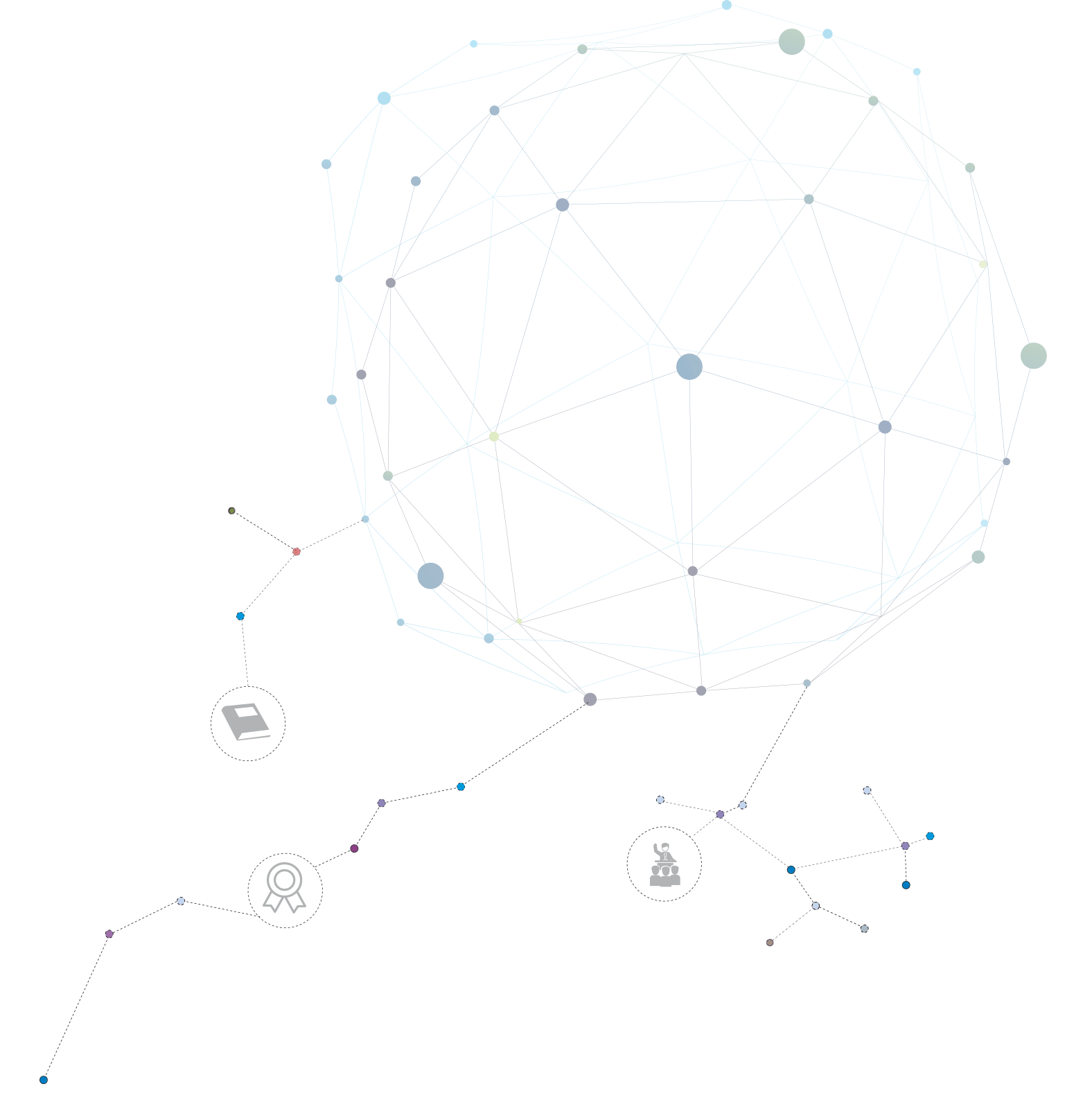
No understanding of the EDB and its course and development can be fully appreciated without an examination of its conceptual framework and accomplishments since establishment.

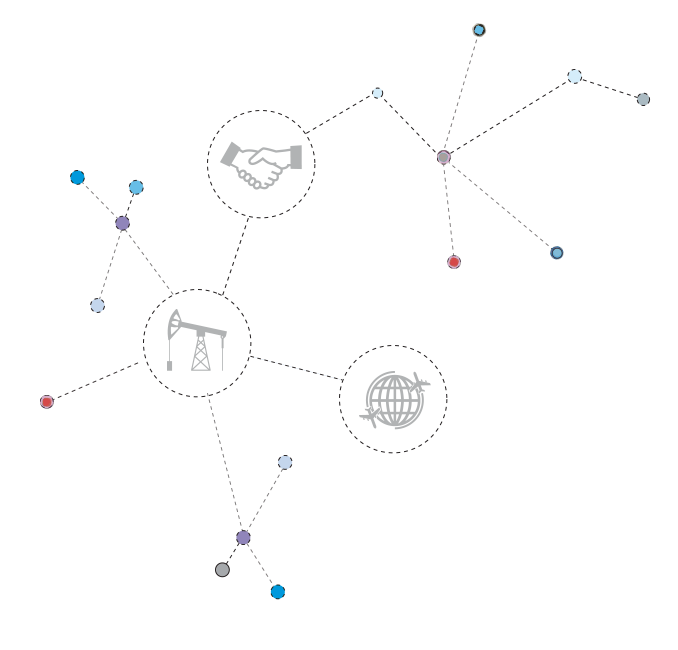
With a broad mandate, the different EDB departments and teams build nationwide, sector-specific and international partnerships in order to ensure national objectives are met and exceeded. The Education, External Affairs and Business Development teams have fostered positive relationships and overseen growth and improvement in their different target fields.


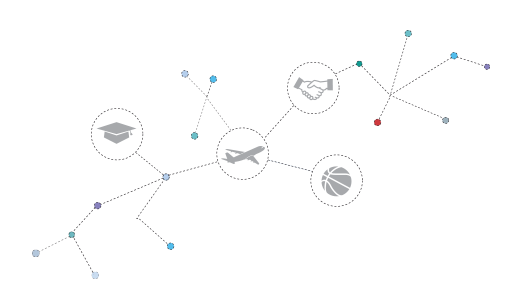
Internal and external growth has truly characterised the work of the EDB during 2014 as economic analysis and planning, human capital development and legal measures to safeguard the national economy have been expanded upon.
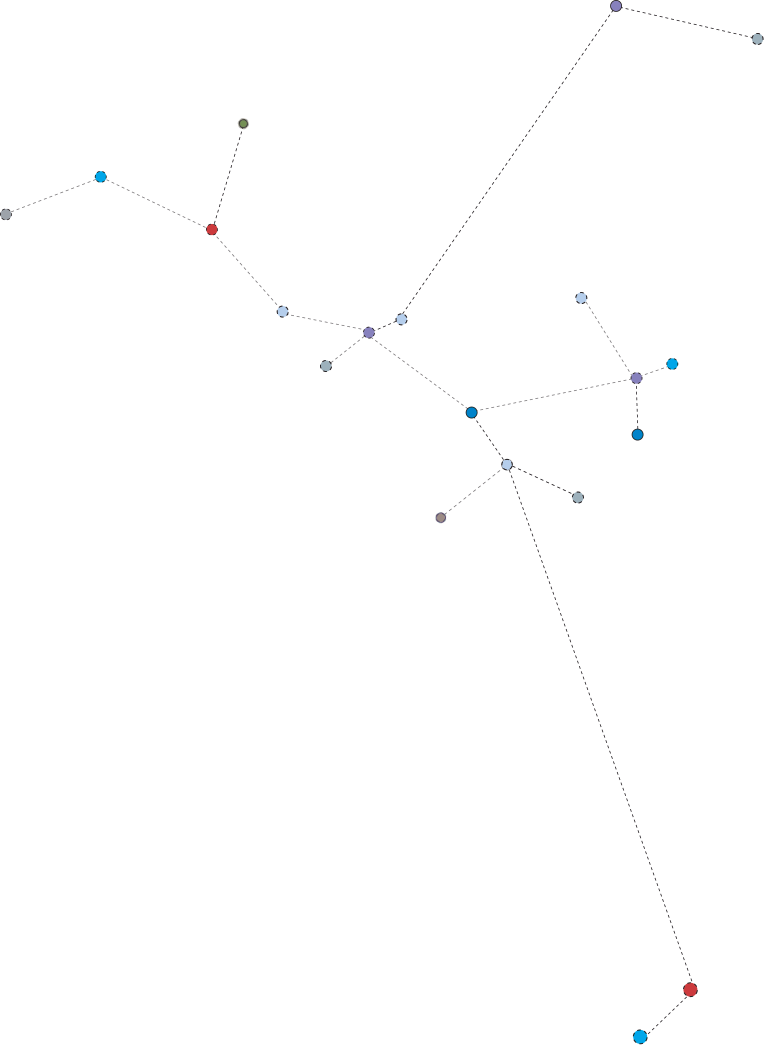
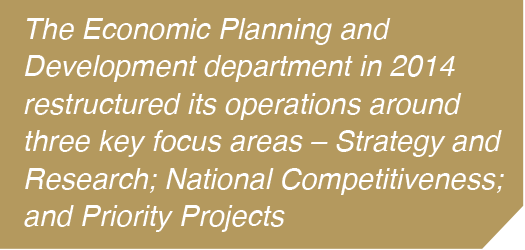





Profiling the work of the EDB and raising awareness of both its tasks and accomplishments represents a key objective of the External Affairs and Marketing Departments. Targeting domestic and international audiences, journalists and media representatives as well as policy makers, think tanks and international companies, news of the EDB and its associated developments has been widespread across digital, broadcast and print media.
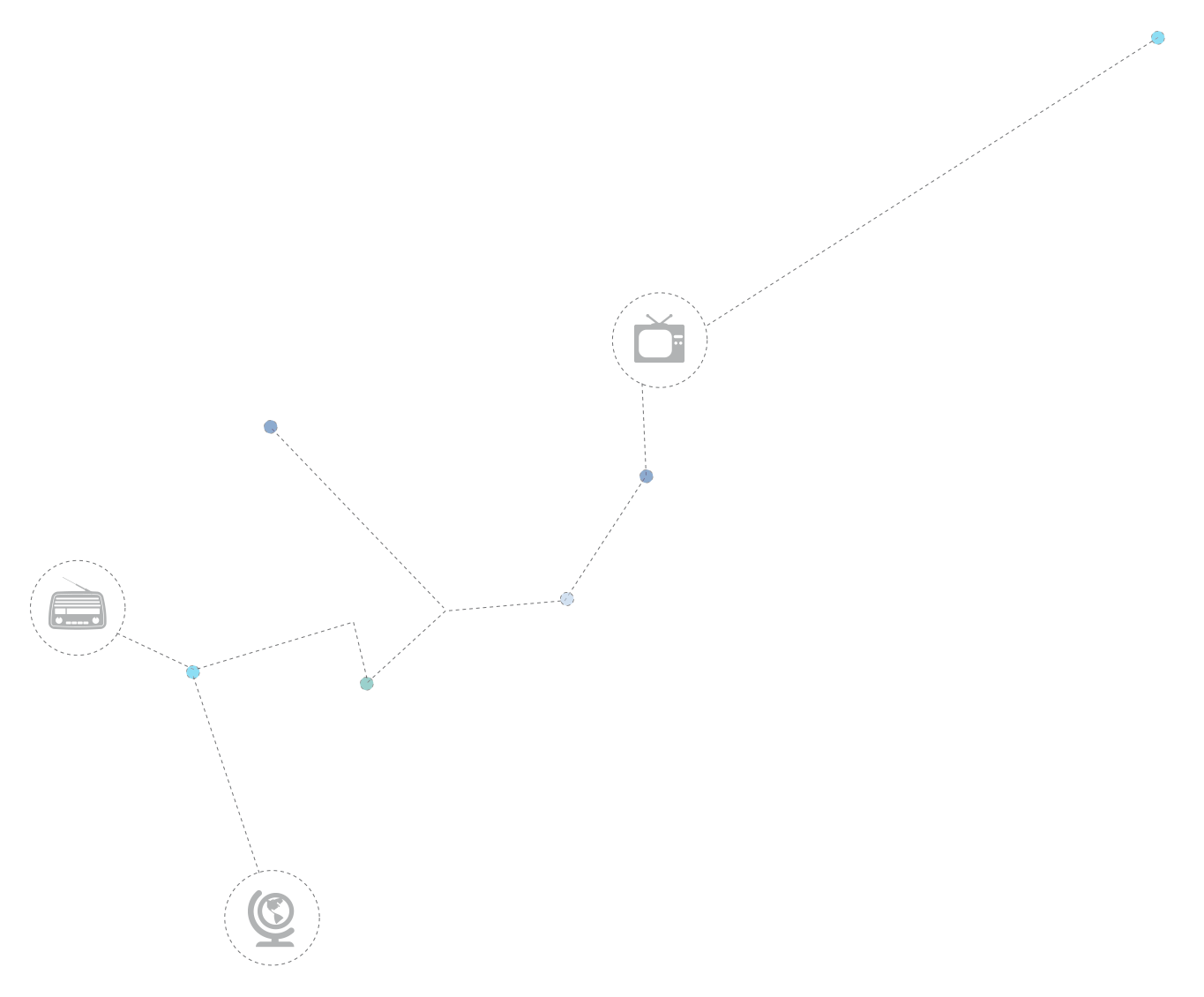

One of the important decisions taken by the EDB after its establishment was to reduce customs duties in order to support the economic exchange between the Kingdom of Bahrain and key trade partners.
The telecommunications sector was liberalized through the establishment of the Telecommunications Regulatory Authority (TRA), allowing users greater access to services and more diverse choices .
In order to pursue economic reform, a number of laws and decrees had to be established.These included the decree for law no. 48 of 2002, promulgating the Telecommunications Law; thedecree for law no. 41 of 2002 on the privatization of policies and controls; and thedecree for law no. 16 of 2002 promulgating the Law of the National Audit Court. The Bahrain Monetary Authority (now the Central Bank of Bahrain), also becamethe single, unified regulator for the financial sector.
The Bahrain Tender Board was established to oversee and supervise all tendering, purchasing and awarding processes related to the public sector and government owned organizations and to ensure transparency, fairness and equal opportunities across all public sector and government transactions
The economic and labour market reforms conducted by the EDB are demonstrated by the establishment of the Labour Market Regulatory Authority (LMRA), to regulate the market and improve the performance of local enterprises.
The EDB worked with the Ministry of Industry and Commerce and a number of government entities to develop and enhance the Bahrain Investors Centre to facilitate licencing services and registration for both domestic and foreign private companies looking to establish offices in Bahrain.
The launch of the Quality Assurance Authority for Education and Training (QAAET), an independent body for quality assurance purposes, responsible for monitoring the performance of all educational and training institutions, private and governmental organisations, as well as publication of their reports and submission to the cabinet to take appropriate development actions.
In close coordination with over fifty stakeholders, the EDB held more than 300 formal meetings and workshops over the course of two years of intensive studies, during which the Board consulted with around 500 experts and administrators from 188 different institutions. The strategic planning team members, comprising planners, civil engineers, architects, economists and other experts, worked together to develop ten strategies for the key sectors, constituting a comprehensive national strategy for the development of the Kingdom through to 2030.
In cooperation with the Ministry of Industry and Commerce and the private sector, the EDB developed an industrial policy that is aligned with the needs of the 21st Century - addressing the need to create a culture of innovation, attract technology and build local productive capacity.
Privatisation projects that the EDB contributed to implementing include the privatisation of Seef Properties, the operation and management of the Khalifa Bin Salman Port and the privatisation of some electricity generating plants.
The EDB developed a vision for the future of the Kingdom as a destination for tourism, leisure and business and delivered its plan to the Ministry of Information . The plan also focused on strengthening the supporting infrastructure for the tourism sector including the expansion of Bahrain International Airport, improving the road network and enhancing the efficiency of customs procedures to support growth in these areas. This year also saw the launch of the annual Spring of Culture festival.
The EDB helped raise the Bahrain Development Bank's (BDB) capital from BD10 million to BD50 million and also facilitated funding from the World Bank. There were also improvements in the services provided and conditions applied, in addition to improvements in the operations of the BDB and increasing awareness in Bahrain of the presence of such opportunities and services.
During the development of the strategy in coordination with the Bahrain Convention and Exhibition Centre, extensive consultations were conducted with stakeholders from the public and private sectors. Targeting the global market for the meetings, conferences and exhibitions sector, new and improved offerings for exhibitions, hotels, entertainment and recreational tools, in addition to investments in logistics and infrastructure constituted key elements in the strategy.
The Healthcare Professions Authority was established with the support of the EDB who helped develop the first draft of operating standards and licensing provisions for hospitals in the country. The Faculty of Health Sciences, in cooperation with the EDB and Tamkeen, started the implementation of a development project for the education and training of Bahraini nationals in the nursing and allied health professions.
Mumtalakat is responsible for the management of governmental non-oil assets and aims to increase revenues of the portfolio and enhance transparency in financial matters of the Kingdom.
Aiming to regulate the oil and gas sector in the Kingdom, the EDB worked on the establishment of NOGA, the Supreme Petroleum Council and the Natural Gas Commission. NOGA was established to replace the Ministry of Energy, manage governmental oil assets and raise the value of portfolio returns from projects in this sector.
The EDB implemented an integrated campaign across multiple international media platforms. 'Business Friendly Bahrain' focused on highlighting the advantages offered by the Kingdom of Bahrain to international investors and the business sector. The campaign was developed and implemented in several languages - including English, German and Arabic -and featured in the most influential international and regional publications. It was supported by a significant presence online, as well as through outdoor advertising.
The global ranking project enables the EDB, government of Bahrain, investors and other related institutions to measure and rank the performance of the Kingdom at an international level, comparing it to the economies of other countries in a number of key areas, such as social and economic indicators. The results of the project provide useful indicators about performance of the government and private sector, and it also helps communicate the areas where the Kingdom achieves superior performance on a global level.
Privatisation projects that the EDB contributed to implementing include the privatisation of Seef Properties, the operation and management of the Khalifa Bin Salman Port and the privatisation of some electricity generating plants.
Since the launch of the Bahrain Economic Vision 2030 in the fourth quarter of 2008, the EDB worked on publicising the Vision and National Economic Strategy to all segments of Bahraini society, with a special emphasis on youth in the Kingdom. A range of initiatives to communicate the Economic Vision were undertaken, including direct meetings and information stands in public areas.
The initiative focused on improving the quality of services, expanding workers' experience and facilitating their access to capital and insurance. It is a joint project between the EDB and the General Directorate of Traffic at Ministry of the Interior, as well as other partners such as the Ministry of Works, the Ministry of Justice and Islamic Affairs, Public Transportation, Bahrain Development Bank and the Association of Public Transport Drivers.
The EDB worked with the Ministry of Justice in improving judicial dispute resolution and efficiency of civil and commercial courts and judicial procedures. This led to the launch of the Bahrain Chamber for Dispute Resolution in January 2010.
The EDB, in cooperation with the Institute of Public Administration, launched the International High Diploma in Advanced Professional Public Relations, a global programme designed to enhance local capacities in the field of public relations. At the same time, the EDB embarked on specialized training programmes for over 50 official spokespeople representing the Kingdom's different ministries and governmental agencies.
The EDB organized numerous promotional tours for Bahrain in targeted global markets (Europe, the USA, the Republic of Turkey and some major Asian capitals), allowing Bahraini businessmen to directly communicate with foreign investors and engage them in profitable partnerships. These efforts of the EDB, in cooperation with the government and various partners in the private sector and the Bahrain Chamber of Commerce and Industry, to diversify the economy have led to increased flow of direct foreign investments.
Through EDB support, the BFX received a license from the Central Bank of Bahrain for the inclusion of cash instruments and derivatives in multiple asset classes including currencies, commodities, stocks and debt instruments, for trading and clearing the market via intermediaries.
Key educational developments included the establishment of a specialised college for the preparation and training of teachers and school principals to ensure the highest quality within the teaching profession.New paths for secondary technical and vocational paths based on apprenticeship schemes were developed to ensure the involvement of the private sector in the preparation and training of students, and a technical college was established.
The EDB published the Bahrain School Agenda, a strategic roadmap for public schools with over 80 initiatives designed to raise the performance of local schools.
These were brought to Bahrain and the GCC for the first time by the EDB and launched as the Euromoney Private Banking Conference.
Through collaboration with the Central Bank of Bahrain, a final draft of the Limited Partnership Law has been agreed. The law enhances the company structures acceptable in Bahrain and identifies new structures as well, including a private investment undertaking and the collective investment undertaking.
The EDB worked with the Ministry of Housing to boost housing availability, the government signed a public-private partnership (PPP) with Naseej Properties to build 3,100 social housing units and 1,000 "affordable" housing units at a cost of BD208 million.
The EDB published the Employability Agenda, a strategic document setting out tailored plans designed to balance the supply and demand of education vis-a-vis employment and the enhancement of the skills and abilities of young Bahrainis competing in a diversified economy.
A draft law amending certain provisions of the Company Law was developed in cooperation with the Ministry of Industry and Commerce. The amendments reduce many of the restrictions on foreign investors including the minimum capital required for establishment and allow companies to be set up more easily.
The last year has been particularly productive for the EDB, who have continued implementing His Majesty King Hamad's programme for national economic development and progress. Bahrain's strategic position as the 'gateway to the Gulf' has enabled the Kingdom to continue to attract investment from major international businesses in a variety of sectors, including financial services, manufacturing, logistics and ICT. The EDB has worked tirelessly alongside other government bodies to cultivate and accelerate the achievement of government objectives.
Bahrain's success is the result of an open society with an international outlook. Our resilient, diversified economy is founded on private sector support and growth. Currently Bahrain's non-oil economy accounts for close to 80% of GDP. Bahrain is, for instance, widely regarded as a financial services centre for the Gulf with more than four decades of experience; as home to the largest concentration of Islamic financial institutions in the world, Bahrain is therefore well positioned to take the lead in growing this industry around the world.
The work done by the EDB is built upon the economic fundamentals that will continue to see the Kingdom grow. Bahrain was the first country in the Gulf to begin diversifying our economy away from oil and one of the most important drivers of this has been our long-term focus on education and skills. Bahrain now has one of the best-educated workforces in the Gulf. We understand that while the private sector is an engine for national growth and productivity, we cannot thrive without the continuous investment in our people and in their education and training. This has been at the core of the EDB's efforts. We have also worked hard to develop the legal and regulatory environment necessary to attract leading businesses and have created the freest economy in the Middle East and North Africa according to the Heritage Foundation.
This last year has seen strong growth opportunities for both local and international businesses in Bahrain and the creation of up to 1000 job opportunities in a variety of sectors. As we look to the future we will continue to target investment in the sectors that Bahrain can offer significant advantages and create high value added jobs for Bahrainis.
EDB has overseen an economy that has grown by 10% annualy
HRH Prince Salman bin Hamad Al Khalifa Crown Prince, Chairman of the Bahrain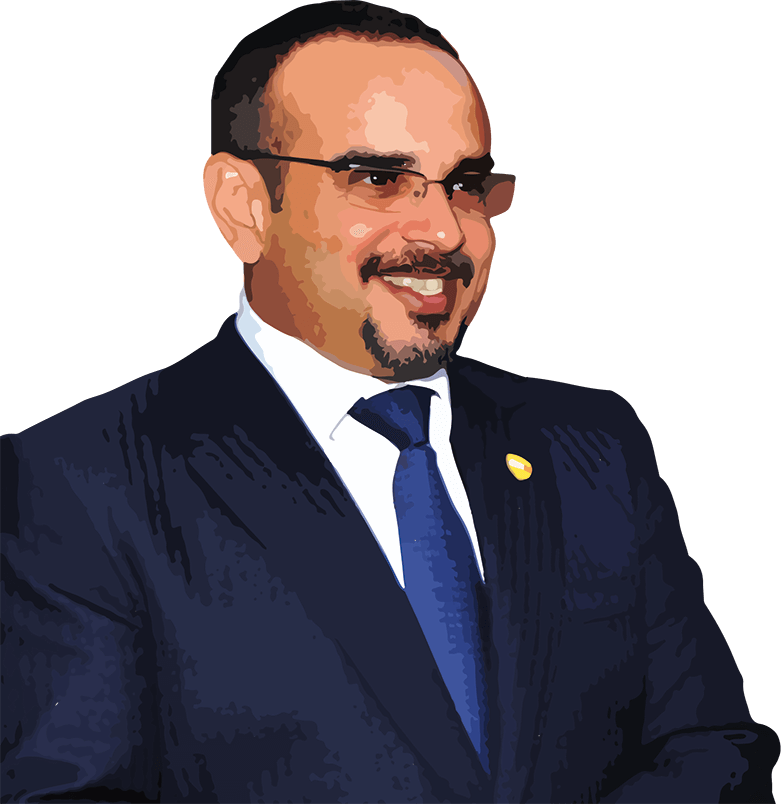
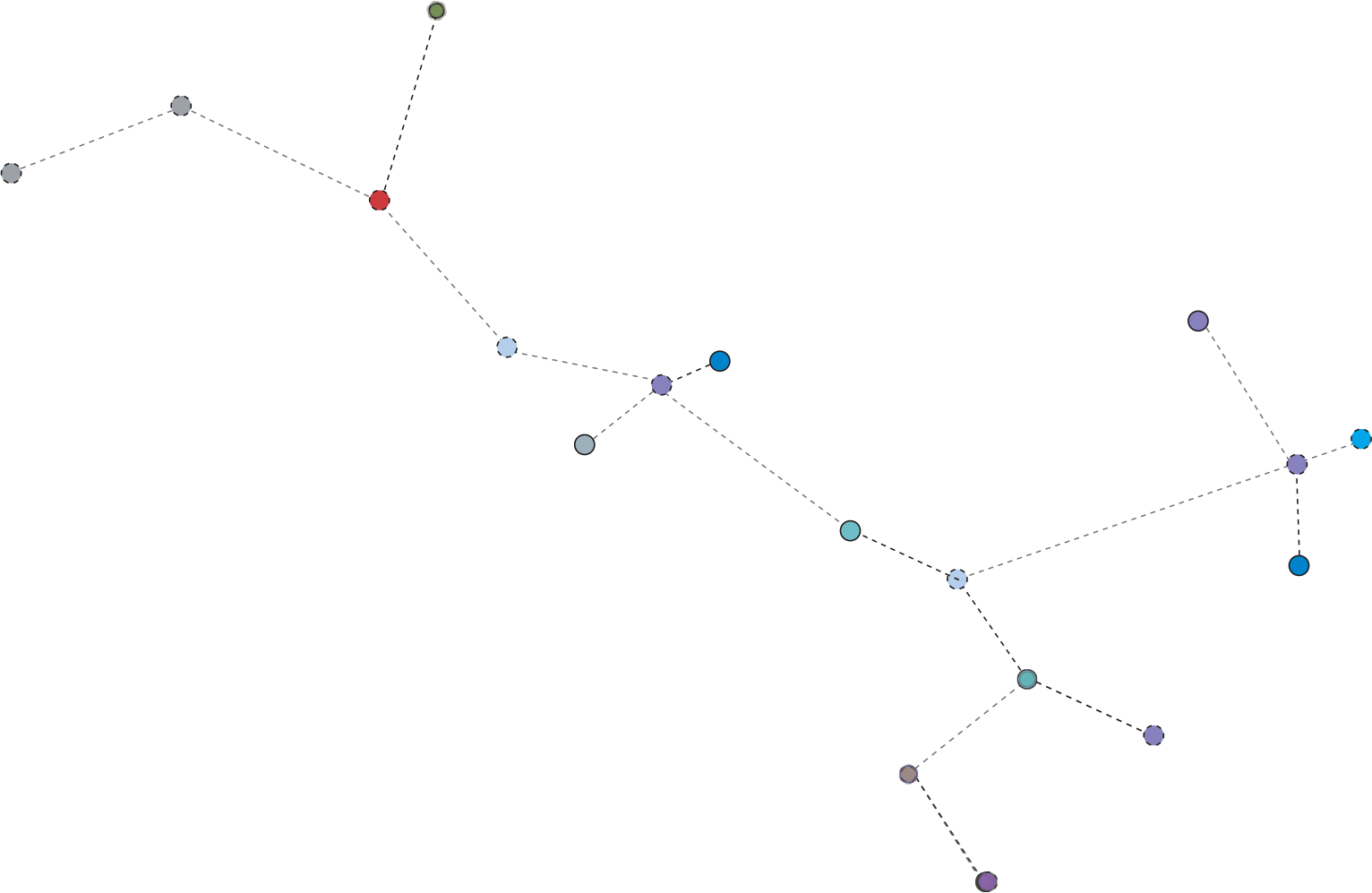
In 2014, global fluctuations meant that during the course of the year we moved from a mindset built around cautious optimism to one of optimistic caution. However, despite the challenges created by the oil price moving into a downward cycle, the economic outlook for the region remains broadly positive. Governments, including Bahrain's, have spent recent years undertaking vital reforms that have helped to diversify their economies and improve infrastructure. Bahrain's financial position remains robust, with the government taking measured steps to ensure fiscal stability.
The EDB's strategy was relatively consistent during the course of 2014. The organisation remains committed to supporting the ongoing development and diversification of the Kingdom's economy, by building partnerships, increasing awareness of Bahrain's benefits, attracting inward investment, and helping to foster an environment to achieve these goals.
We had an extremely active year and got off to a busy start with a number of events that gave the EDB an opportunity to engage with a range of audiences from key markets across important sectors where Bahrain offers significant strengths, including manufacturing, transport and logistics, and financial services.
The organisation also supported three official international visits by the Kingdom's leadership and participated in almost fifty overseas visits ranging from major roadshows to direct marketing campaigns in target economies. In addition, the EDB was involved in twenty international delegation visits to Bahrain.
Increased understanding of the economy's strengths and opportunities in the region has helped continue to attract foreign direct investment, and in 2014 the EDB oversaw the registration of nearly forty companies. As well as attracting in new businesses, we also continued to work to match local businesses with international partners, and over 140 local site visits with prospective international investors and partners were arranged during the course of the year.
All of these factors contributed to Bahrain achieving economic growth of around 4.5 per cent in 2014, with year-on-year growth in the non-oil sectors of approximately 5 per cent.
I have now worked with the organisation for more than a decade, and I am extremely proud of what it has been able to deliver and achieve. We have helped drive forward vital reforms and played an important role in transforming Bahrain's economy. The Kingdom has led the region in diversification and domestic job creation, and this acts as a vital platform for future development. The EDB will continue to work towards attracting inward investment and creating a supportive business environment, and I look forward to supporting its achievements and successes in the years to come.
Bahrain achieved an economic growth of around 4.5 per cent in 2014
H.E. Kamal bin Ahmed Mohammed Minister of Transportation & Telecommunications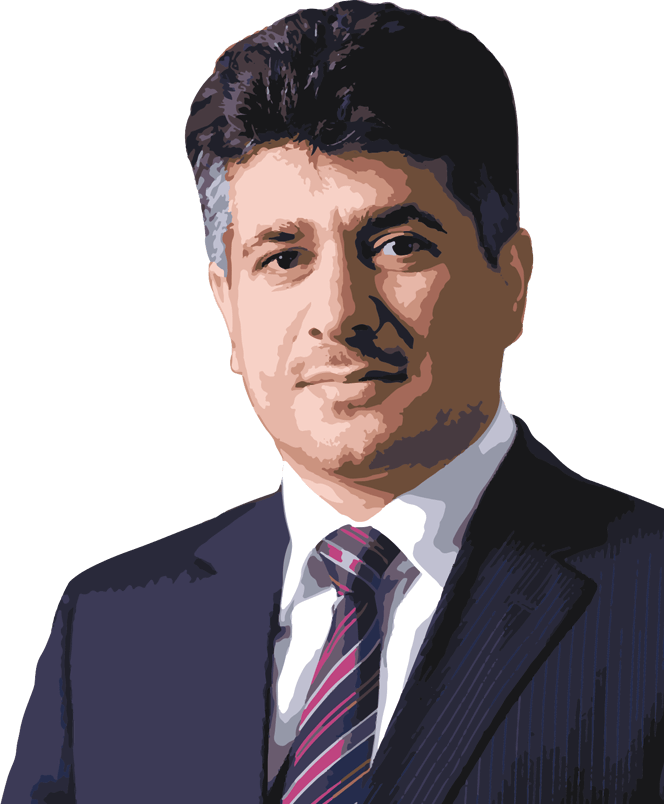


The Crown Prince, Deputy Supreme Commander, First Deputy Prime Minister
Personal Representative of HM the King
Chairman of Supreme Council for Youth & Sports President of the Bahrain Olympic Committee
Chairman, Bahrain Mumtalakat Holding Co.
His Majesty King Hamad bin Isa Al-Khalifa's Advisor for Economic Affairs
Minister of Finance
Minister of Labour
Governor, Central Bank of Bahrain
Chairman, Bahrain Chamber of Commerce and Industry
Chairman, Tamkeen
Minister of Transportation and Telecommunications
Shura Council Member
Minister of Industry and Commerce. Chairman, Bahrain International Circuit (BIC)
Chief Executive, Economic Development Board
Managing Director, Al Maskati Group
Managing Director, Harbour Investment Holding
President, BFG International
Director, Al Haddad Motors
CE of Retail Operations, Ali Rashid Al Amin Co.
Vice Chairman and Managing Director, Al Moayyed International Group
Regional Head of ALM-Treasury, BNP Paribas
Director, Annada Commercial Trading












As no national economic growth and enhancement of the lives of Bahrainis is possible without an investment in learning and the development of critical skills suited to a changing world and market needs, the EDB Education division oversees and reports on public school education in the country in addition to the public and private training sector and the public and private higher education sector.

Throughout 2014, the EDB Education team managed the successful completion of the School Improvement Programme undertaken by the National Authority for Qualifications and Quality Assurance of Education and Training (QAA). The team also administered the implementation of the EDB Employability Agenda, namely the attempt to ensure an alignment between market supply and demand for work skills, and established a strategic plan for the Ministry of Labour.
This led to the development of national occupational standards for the different sectors operating in the country, a project completed in collaboration with the Ministry of Labour. Thus, occupational standards for 125 occupations in six sectors - retail, catering and hospitality, industry, construction, finance and banking, and ICT were developed for mandatory observation by all training providers. Following a phased approach introducing the standards at the degree and diploma levels first, the next stage revolved around the workplace, creating a national system through which people could move between employers and the system.
Supported by the introduction of proactive career guidance for youth in public and private schools, the team was successful in embedding occupational standards and vocational qualifications. In fact, the employability agenda was used alongside the labour market observatory to develop market forecasts and solutions. For example, an employers' survey uncovered that the graduates of one particular university were more highly prized than all the other locally available institutions for tertiary education due to the assumption of a problem-solving approach in academic learning and the important employability skills, such as communication, fostered amongst its students.
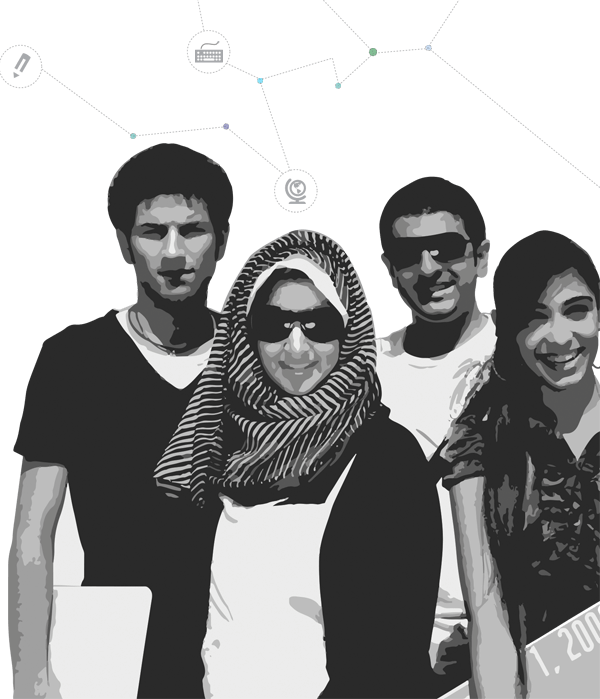
Zahi Zeini,
Deloitte Bahrain's Managing Partner believes that "education has been one of the key factors that have enabled Bahrain to become a financial centre for the region. Bahrainis have been bankers for a long time, first trained in the 60s and 70s when multinational financial services firms established their businesses in the Kingdom."
"This has resulted in seasoned local professionals and a generational transference of skills", added Jamal Tartir, Principal Director,
Deloitte Corporate Finance
An important advance made for the education and training sectors in the Kingdom came in the establishment of a new Cabinet committee - the Supreme Council for Education and Training - under the leadership of Deputy Prime Minister, Shaikh Mohammed bin Mubarak.
The foremost educational governing body in the country, the QAA, Bahrain Training Institute and the Ministry of Education, are all accountable to the Committee which meets approximately 8 times a year to monitor and evaluate the national education reform programmes. One of its accomplishments during the year was the inclusion of the QAA supervised exam results within the national grade results of public school students. Although representing only 12.5% of the end of year results, this measure helped ensure that grade inflation in government schools was avoided.
An area of personal interest to HRH Prince Salman, Crown Prince and First Deputy Prime Minister, the EDB education team works to develop implementation plans and high level Key Performance Indicators for monitoring the implementation of the education and training reform agendas by the different accountable entities in the Kingdom.


From tie-ups with the Bahrain Ministry of Culture to sports and conference management, the EDB events division of the External Affairs Department focused its efforts during 2014 on the creation of positive experiences for potential investors while pursuing an active policy to support the local community and talent. Bahrain was consistently presented as a financial and sporting centre in over 44 national and international participations...

"Bahrain offers an open approach towards business with an example being the Minsitry One-Stop-Shop" (MOSS), he explains one of the main reasons Mondel?z chose Bahrain as their manufacturing hub for the Middle East region was the support and openness shown by authorities. Terry also credits the quality and skills of the local Bahraini workforce. "Bahrainis know the value of work"Terry Denton,
Project Director, Mondelez Bahrain
For the EDB events team, 2014 opened with participation at the Bahrain International Airshow and Great British Week. These events supported the enhancement of Bahrain's investment relationships. Attended by over 22,000 trade visitors and 120 manufacturing companies from Airbus and Boeing to Gulfstream and Sikorsky Aircraft, the Airshow, held under the patronage of HM King Hamad, witnessed the signing of USD 3 billion worth of deals while Bahrain was promoted as a major logistic hub with access to the USD 1.5 trillion GCC market.
Following in its heels, 250 delegates and exhibitors including the likes of Rolls Royce (Aero), BAE Systems, McLaren Automotive, Bentley, Mini, Aston Martin, Land Rover, Jaguar, Triumph and JCB participated in Great British Week. Similarly, the GCC Financial Forum, a key networking event organised by Euromoney and co-hosted with the EDB, attracted over 400 financiers, investors, policymakers and business leaders from 20 countries representing the wider region, Europe, Asia and North America.
Reflecting on economic growth and the relevant sectors in the Kingdom, international keynote speakers included Lord Davies of Abersoch, Chairman of PineBridge Investments; Todd Buchholz, former Director of Economic Policy for the White House, and Managing Director of Tiger Hedge Fund; and Marios Maratheftis, Global Head of Research at Standard Chartered. Additionally, the team supported the MENA Angel Investors Summit which featured more than 25 angel investors and 50 entrepreneurs from the MENA region, Europe and Silicon Valley.
An engagement platform for startup companies and investors, Bahrain was showcased as the regional centre for entrepreneurship and angel investing over the two-day conference. Similarly, considering international opportunities for relationship and investment growth, the EDB played an important role in the Bahrain Pavilion within the Gulf Information Technology Exhibition (GITEX) that took place in the UAE and in which Bahraini ICT companies were enabled to have a presence.
A relationship building exercise, several memoranda of understanding were signed. Digital Middle East Company signed an agreement to provide the Bahraini market with View Sonic Tablets on Android and iOS platforms. Al Nadeem Company signed a joint business agreement with Gateway Group to provide the latter's services and programmes in customer relationship management as well as applications for smartphones and tablets in Bahrain.
Likewise, an agreement with Rujul ERP company was cultivated to improve the Bahrain technology sector and create job opportunities, expand the market and improve efficiency by providing advanced services to the Bahraini market. Throughout the year, the events team complemented the work of the EDB in following a proactive sponsorship and participation approach to significant conferences, exhibitions, seminars and sporting events.
Bahrain Was promoted as a
major logistic hub with access
to the USD 1.5 trillion GCC
market.
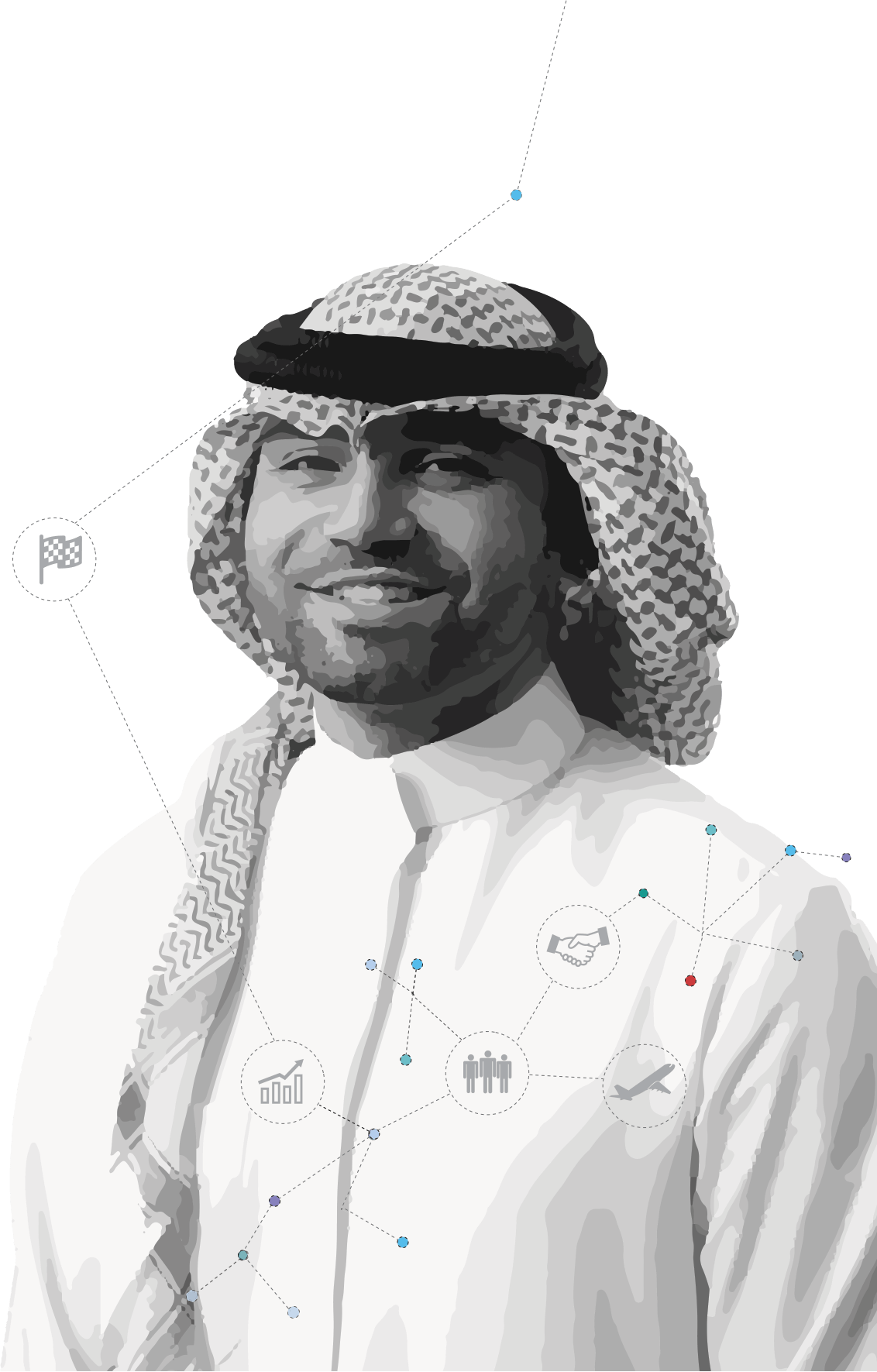
"Y. K. Almoayyed & Sons Group, since its establishment in 1940, has emerged from a small one-man business to one of the most successful and diversified professionally managed, integrated commercial, industrial and services organization in the Kingdom of Bahrain and beyond. With over 5000 full time staff employed by the Group, including 1000 employed directly by the trading company itself, the company represents over 300 leading brands from all over the world, including Nissan, Ford, Renault, Sony, Toshiba, Hitachi, Kenwood, Bose, Nikon, Komatsu, Nissan Diesel, Tadano, Iveco, York, Xpelair, Kodak, Swatch and Lalique. The story of our business is about a family that has been entrepreneurial for three generations, succeeding through a belief in doing business the right way."Mona Almoayyed,
Managing Director, Y.K. Almoayyed & Sons
Showcasing the country's strength and appeal to international investors, the events team also oversaw the successful alignment with popular sporting activities throughout the year. Representing important networking opportunities as well as potential country promotion to global media and investors, EDB support was also designed to boost the sports tourism appeal of Bahrain. Ventures included the continued sponsorship of the Formula 1 Grand Prix, held in April last year.
A key event in the annual racing calendar in which international and regional visitors are welcomed at the 3-day festival that takes place at the Bahrain International Circuit, more than 500 international media professionals were hosted in the country. At the same time, the EDB hosted several high level potential international investors, attending the Grand Prix, and facilitated networking opportunities with the domestic business community in support of further foreign direct investment. Other sporting events supported by the EDB included Challenge Bahrain, an international triathlon featuring over 1,000 athletes from 51 participating countries.
The event allowed more than 200 Bahraini youth to compete alongside world champions and Olympians comprising the likes of Australian Mirinda Carfrae, German Sebastian Kienle, Briton Rachel Joyce, Swiss Caroline Stephen and German Jan Frodino. Reinforced by a total prize money of USD 500,000, Bahrain's bid to become the home of the triathlon in the Middle East was considerably strengthened while its image as an exciting sporting hub and the lifestyle choice for foreign investors and potential tourists further improved.
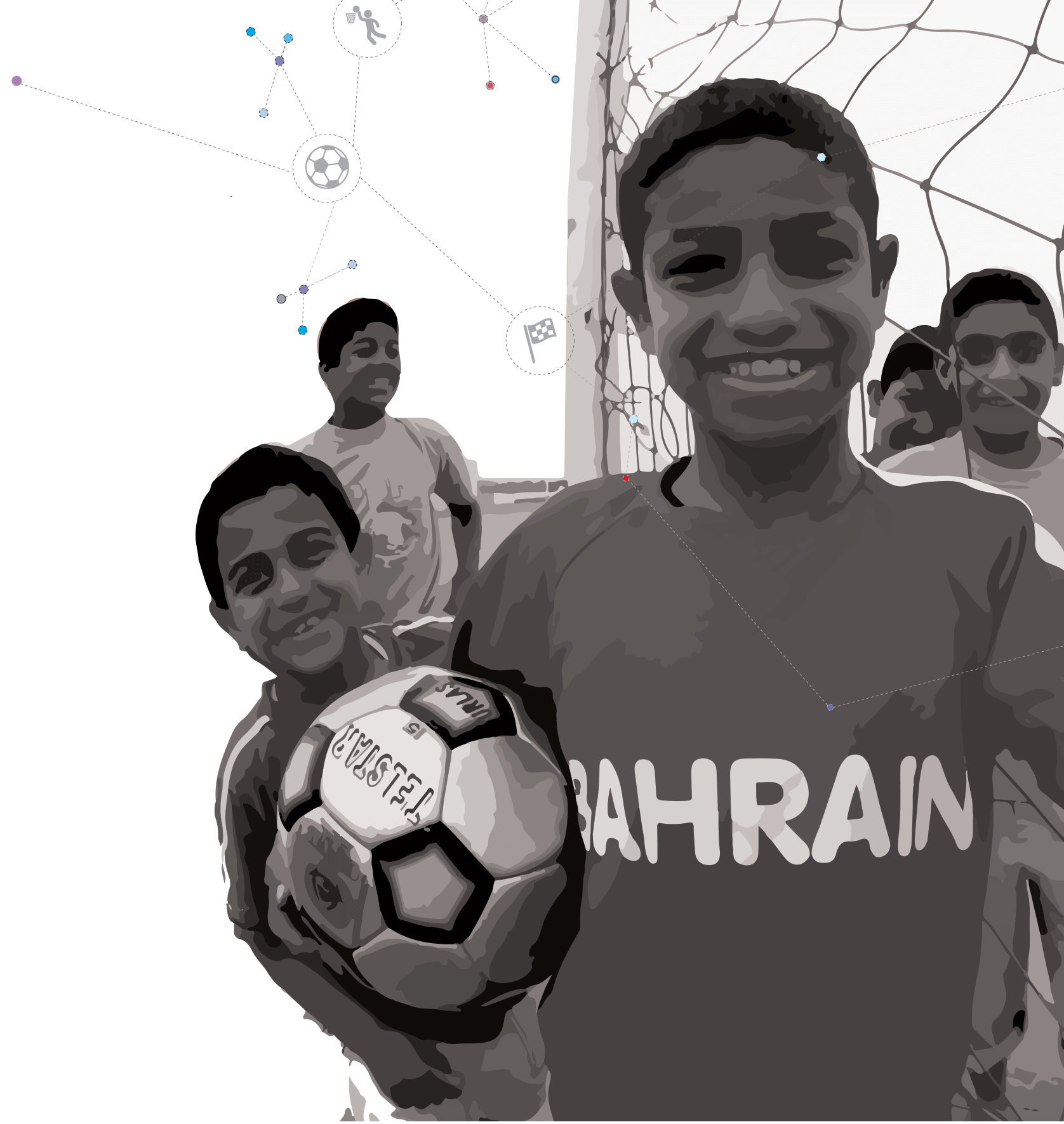
Targeting and attracting foreign direct investment throughout the world in collaboration with the EDB's international network of offices, the Business Development Department has overseen the registration of 39 new companies in the Kingdom during 2014. This includes the likes of BAE Systems International and ASAHI TEC Middle East and is expected to create over 1,000 jobs for the domestic market in the next three years, many of which will be in the manufacturing sector.
At the same time, the Business Development team supported the establishment of five important joint ventures between local companies and their international counterparts. Despite the emphasis on manufacturing, two partnership agreements - Bosch Software Innovations & Kanoo IT and MonParking & T-Linx - were signed in the technology, media and telecommunications sector.
Additionally, the team played a critical role in supporting three official visits by the Kingdom's leadership, with HM King Hamad Bin Isa Al-Khalifa's historic visit to India and Pakistan, and HRH the Crown Prince, First Deputy Prime Minister and Chairman of the EDB's visit to Russia, in which the EDB played a key role in strengthening economic and business relations between Bahrain and the respective host countries.
These supplemented the 47 overseas participations which ranged from major road shows, including China in October 2014, to direct marketing campaigns in target geographies. The South Korean direct marketing campaign was also notable as ten companies in the technology, media and telecommunications sector were shortlisted for their interest in a Bahrain market presence.
The Business Development team also supported in attracting and facilitating 11 inbound delegation visits, to connect local business with potential foreign counterparts, identifying possible partners, distributors, agents and customers for international businesses in Bahrain. The EDB also facilitated over 140 site visits from prospective international investors in 2014. Over the course of the year, Business Development team members attended 26 conferences and exhibitions including the third largest technology event in the world - GITEX Dubai, which took place in October.
The EDB's participation in the Bahrain Pavilion helped promote the local ICT sector while the engagement with international participants served to attract up to 53 ICT companies to Bahrain. Providing holistic solutions for foreign investors interested in establishing a presence in Bahrain, the Business Development Department continues to play a supportive and proactive role with investors and clients, facilitating their business needs, assisting with aftercare and identifying and supporting expansion plans as well. In 2014 alone, 313 clients were contacted and supported in line with the organisation's customised aftercare programme.

Underscoring the mission of the EDB to support and further enhance the national economy are its very own cadres of professionals. Overseen by the Corporate Services department whose mission is to create a strong and inspired internal workforce capable of executing the organisation's mission, training and human capital development were ongoing priorities of 2014.
In fact, almost all EDB employees underwent some training and development throughout the year. With a focus on middle management, 82 employees attended corporate training courses in Leadership, Crisis Management, Coaching Skills, Presentation Skills and Creative Decision Making. Then, in answer to the more specific needs of the organisation and the effective implementation of its mandate, more specialised training programmes in Leadership and Management, Investment Promotion, Protocol, Leveraging Cultural Differences and Strategic Polarities, Enabling Private Sector Growth and attracting FDI, Communication and PR etc were undertaken by 81 employees. In total, staff committed 4,098.5 training hours to these educational exercises.
Yet the HR team of the department continued to invest heavily in the organisation's growth and 18 employees were sent to overseas professional training programmes that ranged from Leadership and Management courses to Media and Marketing training. Additionally, the organisation's HR policy was reviewed during 2014 with significant elements revised for organisational sustainability and improved employee development and relations.
These included the introduction of new occupational standards, a review of academic study opportunities, a review of the staff telephone allowance as well as policies dealing with staff leave and overtime. The Corporate Services department effectively pursued and implemented its new policies and procedures throughout the year while its investment in staff training and learning represented an organisation-wide success.


"The availability of good quality local staff is one of Bahrain's greatest assets in terms of running a busy office. It is easy to do business here that is what you hear from business people all the time. They like the rule of law and access to information and decision makers."
Harry Goodson-Wickes,
Head of Cluttons Bahrain
The IT division of the Corporate Services department developed a five-year strategic plan in IT (2015-2019) for the organisation's core departments.
Overall 23 initiatives were developed as a result of the four-month study and strategizing exercise which took place.
These included the introduction of an archive system and database, a customer relationship management system, an investor relations portal and a project management system amongst other procedural developmental support structures.
Answering the needs of the Business Development, Corporate Services, Economic Planning and External Affairs departments, the new automation systems and portals introduced were designed to improve efficiency, streamline processes and pursue the department's emphasis on green technology and a paperless environment.
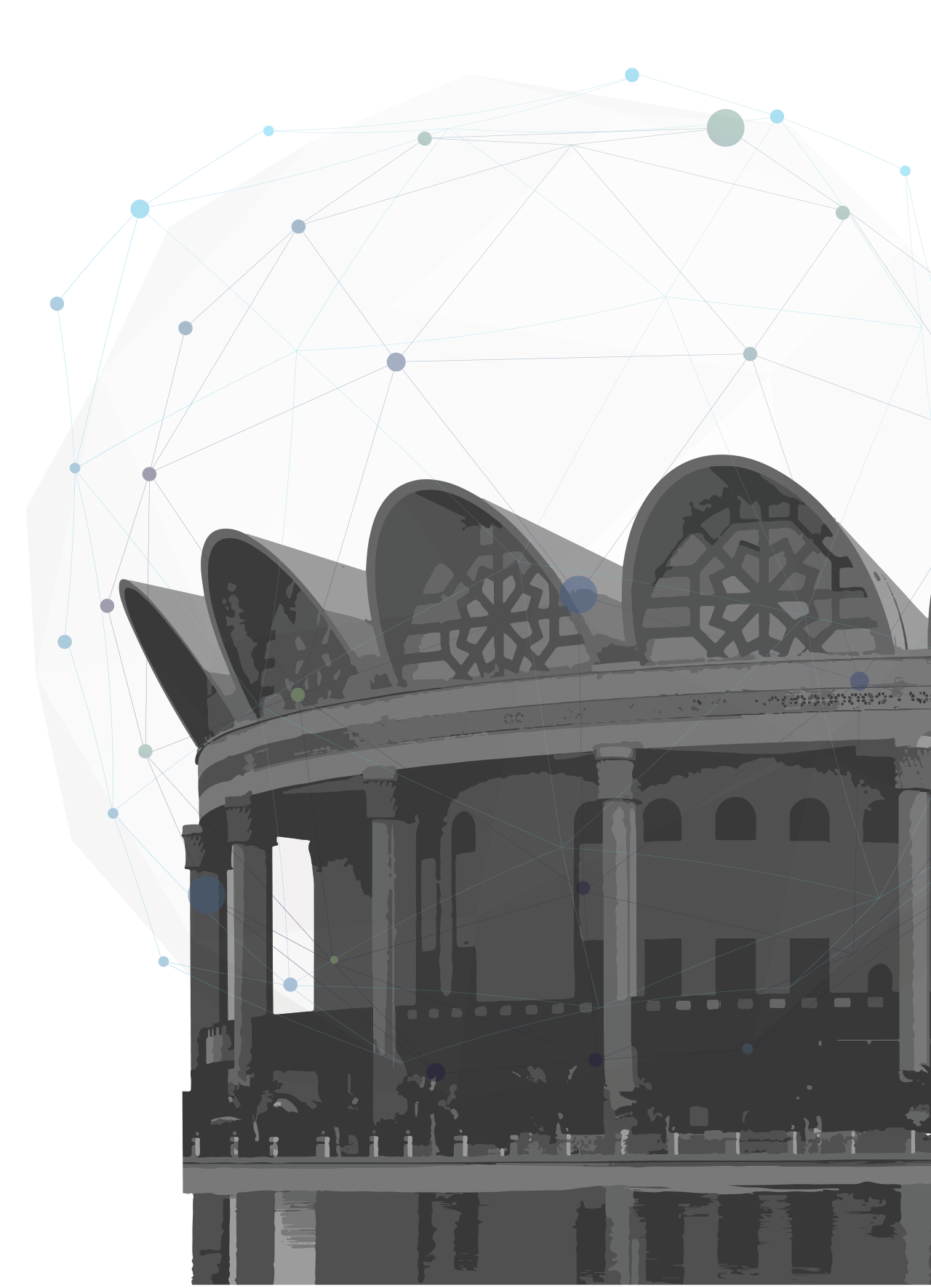

Improving the Kingdom's competitiveness and attracting international investment is a core driver of the EDB and as a result, its Legal Department addresses the legal and regulatory needs of the business community in the country and works to enhance the regulatory infrastructure in line with international best practices. This has led to the drafting of a number of new laws in collaboration with key public entities including the new Trusts Law and the Protected Cells Companies Law, currently under review by the Central Bank of Bahrain (CBB).
The draft Trusts Law is particularly notable as, once implemented, will supersede the existing Financial Trusts Law. Introducing a holistic regime for all types of trusts, the new draft law addresses the creation of trusts, duties of trustees, protectors and enforcers as well as termination and the powers of the courts and oversight by the CBB amongst other aspects. Similarly, the Protected Cells Companies draft law, developed exclusively for the financial services industry, introduces a new type of commercial companies for collective investment undertakings, private investment undertakings, securitisation, and captive insurance, in addition to other types of financial services determined by the CBB.
While these draft laws are being considered, the department has overseen the successful introduction of a number of new laws including the Law on Information Technology Crimes, amendments to the Civil Services Law and the Commercial Companies Law as well as Rent Law and Real Estate Development Law (the latter two having been developed by other government departments with the assistance of the EDB).
Thus, for the first time, pursuant to the Law on Information Technology Crimes, special procedural provisions for the investigation and prosecution of cybercrimes have been introduced in the Kingdom while in relation to the amendments to the Commercial Companies Law, many of the restrictions on foreign investors have been removed and minority shareholders are further protected.

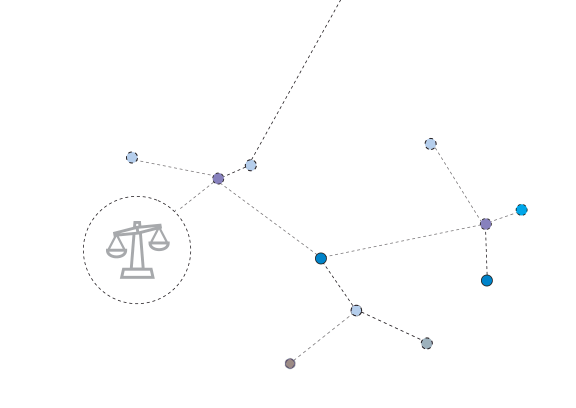
The Legal Department managed the introduction and enactment of further laws impacting the local economy. These included amendments to the Bahrain Chamber for Dispute Resolution Law, Pearls and Precious Gemstones Law and the Penal Code.
These latter laws represent important amendments to previous legal provisions - the first, widening the grounds for appeals at the Court of Cassation and reducing appeal fees; while the second allows the testing of pearls and precious gems to be outsourced to licensed laboratories and private investors; and the third, introducing new provisions to convict those who defraud investors and the public through fictitious investment schemes.
Other approved draft laws referred to Parliament for enactment include a new Investment Limited Partnership Law, a Health Institutions Law, a Pharmacies and Pharmaceutical Institutions Law, Arbitration Law as well as a law on Conflicts of Laws. Seeking to contribute to establishing a more robust private sector for a strong economy, the Health Institutions draft Law and the Pharmacies and Pharmaceutical Institutions draft Law, currently before parliament, are designed to encourage private investment in the healthcare and pharmaceutical sectors.
Actively working with a diverse array of Bahrain stakeholders and government offices in addition to trade and professional associations, the Legal Department works tirelessly to keep abreast of the changing requirements of the business community and investors.
"Rapid economic growth in the Middle East offers good opportunities for international companies like APL. Bahrain is an important market for us - we have experienced annual growth consistently in our six years here - and our port is sited in a strategic location for our vessels, serving trade routes between Asia, the Middle East and the Subcontinent. With Bahrain's proximity to growth areas such as the Northern Gulf, we can also tap significant new business opportunities in the region. We are excited to be a part of the Kingdom's growth story."Mohan Ipe,
General Manager, APL Bahrain
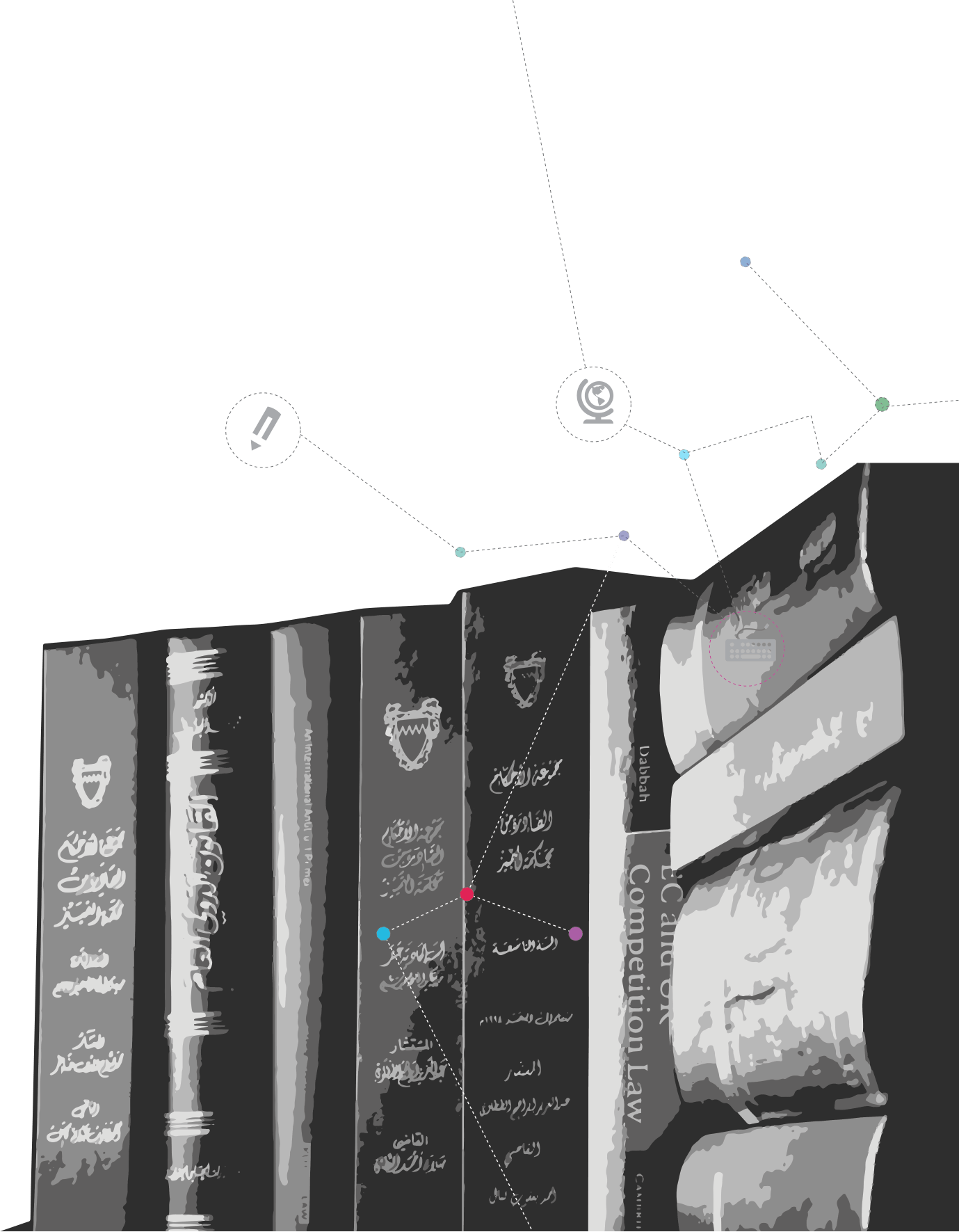
The Economic Planning and Development department in 2014 restructured its operations around three key focus areas - Strategy and Research; National Competitiveness; and Priority Projects - in order to achieve greater specialization as well as opportunities for people to grow further in their careers.
One of the key priority projects of the department was the drafting of the 2015-2018 National Development Strategy (NDS) in collaboration with government stakeholders. This strategy serves as the basis for the Government Programme, which was adopted by Cabinet during the fourth legislative term (2015-2018).
The NDS involved a comprehensive assessment of Bahrain's strategic context in terms of opportunities and challenges facing the Kingdom's future development and identified national strategic priorities that will guide Bahrain's sustainable development and inclusive growth over the next four years, in a way that maximises the benefits of its value proposition while recognising its constraints.
Additionally, detailed sector reports on Financial Services and ICT were undertaken in collaboration with the Business Development Department and relevant external stakeholders, including market regulators. The reports involved detailed analysis of the current environment in Bahrain as well as the competitive context and industry dynamics regionally and globally. Both studies drew on a large number of interviews with industry participants, analysts, and investors in and outside of Bahrain. The reports were designed to identify areas of opportunity for Bahrain along with the key enabling conditions that must be put in place through a strategy. Both sectors offer exceptional potential for harnessing Bahrain's unique advantages in the areas of quality regulation and skilled human capital.
The department continues to produce ongoing analysis and publications on the performance of the Bahraini economy. An important step added to our analytical toolkit was the creation of a new macro-econometric model. This mathematical model allows the statistical data to be used for forecasting growth and other variables through an integrated framework. It can also be used to generate scenarios under different assumptions about key variables and allows the impact of different policy changes or external economic shocks to be evaluated.
Similarly, the National Competitiveness unit builds on the department's longstanding effort to monitor international rankings and indices and develops it further. The team established different mechanisms for monitoring Bahrain's relative performance and attractiveness in key areas. It engaged with external stakeholders to build awareness of the importance of competitiveness and ways in which Bahrain's standing can be enhanced.
This is an important undertaking for a highly open economy where foreign investment and trade are among the key drivers of economic activity. Detailed focus can help Bahrain protect and further development its key sources of competitiveness. Likewise the Projects Team, established to monitor and coordinate significant national projects in sectors ranging from manufacturing to tourism as well as broader enabling initiatives, has been developing a clear sense of the status of strategic projects in the country, helping resolve any bottlenecks that might delay their timely implementation. Data on projects is also capitalized for investment promotion efforts. Ultimately, this work is designed to enhance the non-oil growth drivers in the economy.

"Capacity, efficiency and connectivity are three very good reasons to be looking at Bahrain, the new port has been built for future growth and some other ports are stretched to the limit. We can guarantee to turn round cargo/vessels quickly offering both speed and value serving the domestic market, the huge and growing Saudi market and the whole region, particularly the northern Gulf. The key market for many exporters is Saudi Arabia and the Khalifa bin Salman port is uniquely placed with the causeway from Bahrain to Saudi's Eastern Province."
Marco Neelsen,
CEO of APM Terminals Bahrain
Behind the production of 120 press releases during 2014, the National Communications team worked to ensure that both local media and domestic readers were more aware of the role of the EDB in the development of the national economy, leading to the publication of over 600 newspaper articles reflecting on the functions and achievements of the different departments as well as their activities from road shows and business meetings to the creation of a supportive market environment. The ultimate goal of building a better future for Bahrainis was emphasised and reiterated.
At the same time, the official social media channels played a more active role in describing information and engaging with online viewers, complementing the reach of the print media. In fact, during 2014 the number of Instagram and Twitter followers of the EDB channels rose by more than 60%. These efforts were supported by the extensive investment in relationship-building with local media representatives by the National Communications Department. Over 20 meetings with national journalists were held throughout the year, resulting in the development of a more cooperative atmosphere and stronger ties.
Thus, both local national events like the annual Spring of Culture and EDB-organised international road shows received more extensive media interest and coverage last year with front page news of international visits as well as tailored Bahrain Television news reporting, targeting local businesses and industries for improved awareness of opportunities and investment potential. Similarly, the EDB e-newsletter, Tanmiya, reached a broader cross-section of readers with over 30,000 recipients to date. The Global Communications team was also very successful with over 340 spokesperson briefings organised and 849 positive articles published in 1st tier international publications.
In addition, due to the organisation's emphasis on global presentations and perceptions, at least 99 interviews were arranged during the international road shows to world capitals resulting in 348 published articles. Amongst the most notable road shows last year were those conducted in the Asian powerhouses, India and China. In fact, the February engagement in India generated 43 positive reviews in the Indian press while the October road show to China spawned an astounding 240 articles and four news broadcasts. These foreign engagements were enhanced by the visit of leading Indian journalists to Bahrain in September and later in December of the same year.
Articles appeared in a wide array of titles from the Hindustan Times and the Times of India to the Xinhua News Agency, Economic Observer and China Trade News. These international messages were supplemented by 88 dedicated press releases issued, 55 trade articles as well as 35 case studies with business leaders such as the State Bank of India, Chinamex and the locally-grown GARMCO, in addition to the development of over 50 speeches and talking points for EDB spokespersons and third party speakers.
Active both abroad and locally, having hosted 47 international journalists in the Kingdom, the Global Communications team represented an indispensible cornerstone for the realisation of the organisation's international mandate.
Capacity, efficiency and connectivity are three very good reasons to be looking at Bahrain, the new port has been built for future growth and some other ports are stretched to the limit. We can guarantee to turn round cargo/vessels quickly offering both speed and value serving the domestic market, the huge and growing Saudi market and the whole region, particularly the northern Gulf. The key market for many exporters is Saudi Arabia and the Khalifa bin Salman port is uniquely placed with the causeway from Bahrain to Saudi's Eastern Province.
Marco Neelsen CEO of APM Terminals Bahrain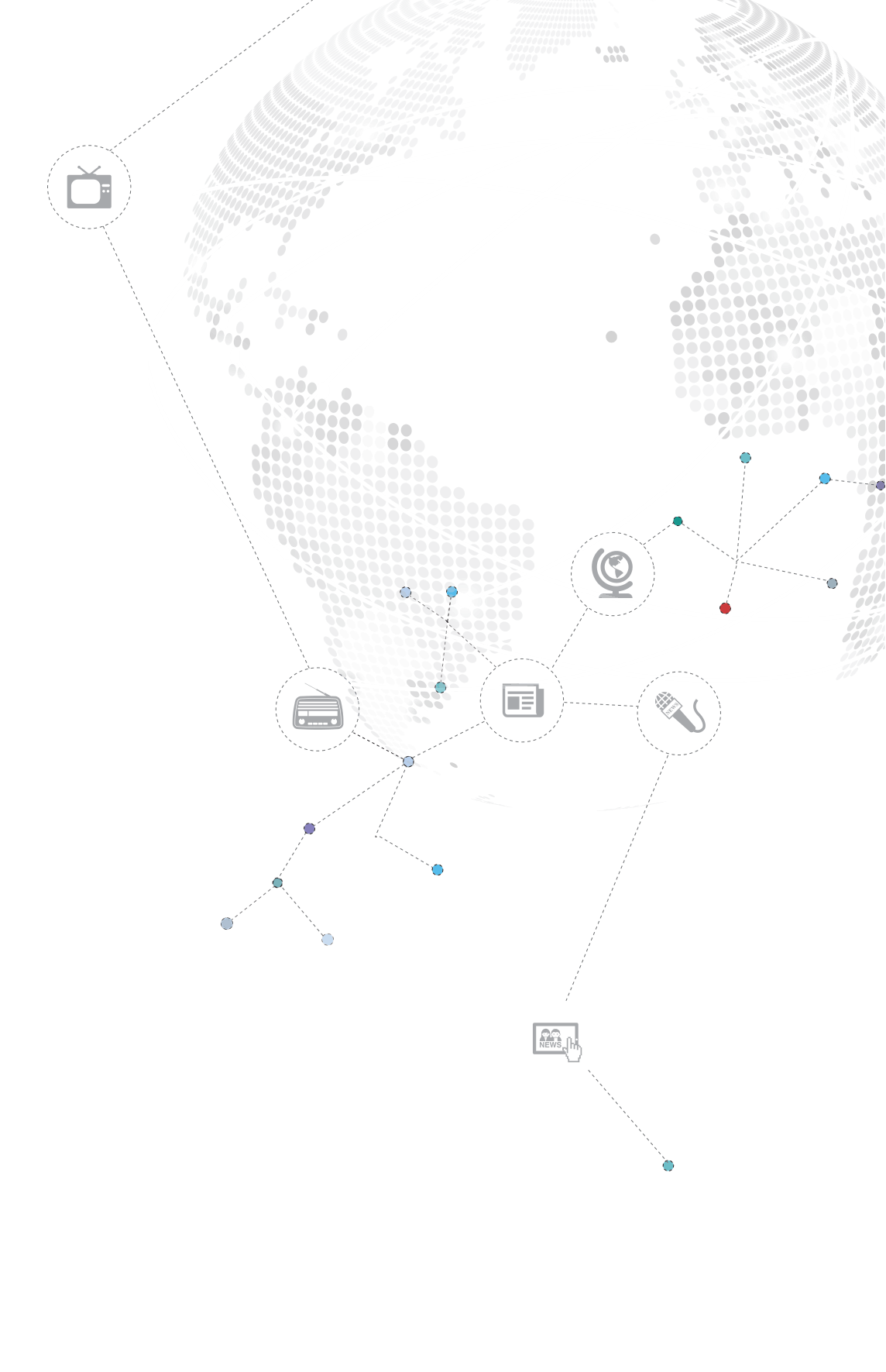
In line with the EDB's emphasis on human capital and talent development, the communications teams have invested extensive time and effort into both internal training opportunities and external support. Regular media training sessions were conducted for spokespeople representing the country, from the members of the EDB Board to representatives of the Central Bank of Bahrain, local governors and internal members of the Business Development department.
These often catered to particular events and road shows. In addition, reflecting on the importance of internal growth and knowledge acquisition, the marketing team diligently ensured that all external contracts with international suppliers included team training opportunities.
These workshops hosted by the EDB allowed Bahrainis exclusive access to some of the biggest global developers in the industry, from Performics and M&C Saatchi to Zenith Optimedia as they sought to clearly and effectively communicate the prospect for international businesses to thrive in the Kingdom including its key business and lifestyle offerings.
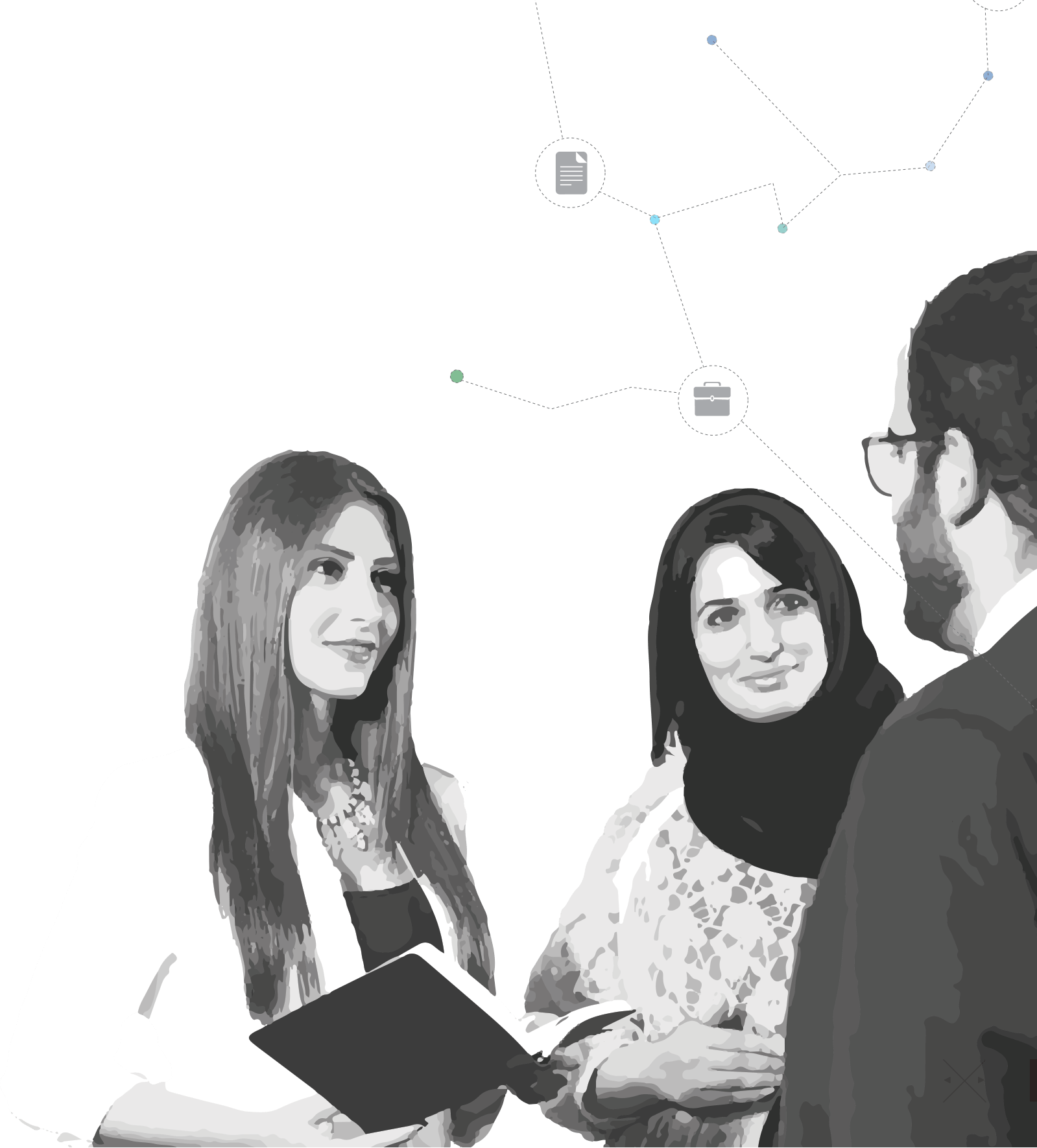
A productive year for the marketing division, during 2014 the Business Friendly Bahrain brand was revamped and relaunched to international audiences, appearing in television advertising and within promotional activities at key conferences and events.
Potential investors, leaders and businesses were targeted by the strategic campaign developed in which Business Friendly Bahrain was strongly positioned on CNN International for the business viewer and traveller. This began with the EDB sponsorship of the World Economic Forum in Davos between 13th January and 4th February, which included sponsorship of CNN coverage of the event.
An astounding success, 90% of the CNN International audience recalled seeing at least one of the 1,098 commercial spots, broadcast across the Asia, South Asia and EMEA feeds during this period, finding them both engaging and relevant. Also aligned with CNN International's Best of Quest, the brand was presented on a weekly basis while it was also associated with Richard Quest's Reading for Leading and the Vignettes Series between February and December 2014, being aired 1,657 times.
In this way, Bahrain and its message of economic ease and success was affiliated with important and popular programming for world viewers and prospective investors.
This was supplemented by tailored broadcast messages which highlighted key competitive advantages for foreign businesses in line with the brand - logistical opportunities, low operating costs and a liberal business environment. Simultaneously, the marketing team sought audiences across the world in an online campaign that coincided with Davos and which saw advertisements featured on CNN International, CNN.com and CNN Arabic reaching a total 5,591,020 impressions while the yearlong Run Of Site online advertising campaign on CNN International with a strong presence on the CNN Money section broadcast 8,709,334 impressions in total.

At the same time, regional investors and businesses were targeted through a dedicated Arabic-language campaign that featured television advertising on Al Arabiya as well as print advertising in Arabic-language international newspapers, Al Hayat and Asharq Al Awsat.
The television campaign, which aired on rotation in Al Arabiya and MBC, involved three 45-second commercials placed during prime time reaching the widest possible pan-Arab audience. Rolled out in two stages, 447 spots were aired between April and December. The coinciding print campaign saw the placement of three consecutive advertisements at a time, reaching a total of 30 advertisements across both stages of the promotional drive, with each three combined creative advertisements presenting a complementary story.
The 'We meet in Bahrain' campaign reinforced the message of the country as a business-friendly destination, but also portrayed its tourism advantages, depicting its familial environment, hospitality and comfort. Designed to recapture the trust of GCC nationals in Bahrain, the campaign was innovative and compelling. These efforts were complemented by a five-minute country film that was produced to support business development roadshows, conferences and events. In addition to this primary film, three shorter versions were developed focusing on some of the country's value propositions, namely its skilled workforce, financial services and lifestyle.
Addressing the question: what is Bahrain like, it featured interviews with both Bahraini citizens and expatriates from leading international companies such as HSBC, Deloitte, Julius & Baer and SULB as well as from local companies such as Batelco and prominent schools like St Christopher's and Ibn Khuldoon National School and depicted the image of a preferred destination for foreign direct investment and living.
As the marketing collaterals were considerably expanded during the year, businesses and prospective investors were further targeted through the development and circulation of an interactive e-newsletter, The Bahrain List, to over 3000 subscribers. Featuring a broad range of articles, from business roundups to news and lifestyle stories, the newsletter also addresses the global C-Suite reader.

We are dedicated to raising living standards by creating greater opportunities for our citizens, and to make Bahrain the Gulf's most welcoming business-friendly location. We will accomplish these goals by working in partnership with the public and private sectors, and by being passionate, professional and innovative in all that we do.
To grow and diversify Bahrain's economy by developing a strategy that supports the advancement of a modern and liberalised business environment, encourages inward investment, and enables us to compete in the global marketplace.
